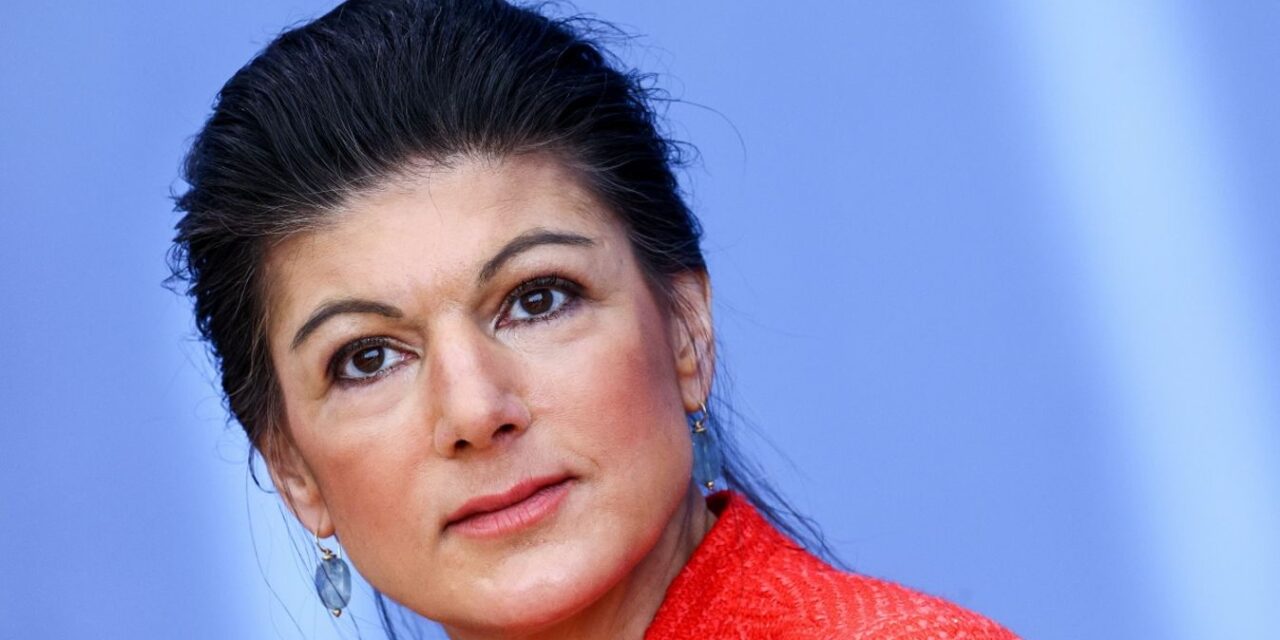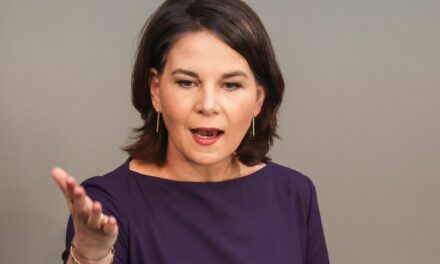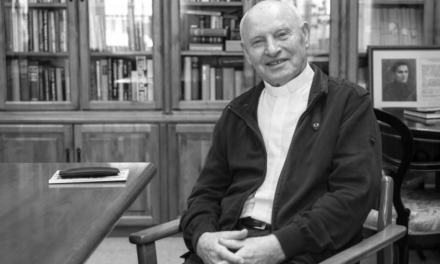German politicians discussed the Prime Minister's peace mission on public television.
There was a heated discussion about the Russian-Ukrainian war on the second channel of the German public media, ZDF, in Maybrit Illner's program on Thursday evening, in which the Prime Minister's peace mission was also discussed. Around the table, Omid Nouripour, co-chairman of the Greens, Sahra Wagenknecht, president of the newly formed and very popular left-wing Sahra Wagenknecht Association (BSW) in East Germany, as well as journalist Claus Kleber, security policy expert Claudia Major and American general Ben Hodges were talking.
At one point, the discussion turned to the resolution of the Russian-Ukrainian war: Nouripour repeatedly claimed that Russia had broken all ceasefire agreements so far, and that they had actually been invited to the Swiss peace summit, but they did not want to come. Wagenknecht then interjected:
What Orbán did was finally an attempt to talk to all sides and bring China into the picture, which has a massive influence on Russia".
The leader of the Greens did not appreciate Orbán's peace mission nearly as much: in his opinion, the Hungarian Prime Minister only produced beautiful images, and otherwise, the fact that there are great powers that determine the course of the world and smaller countries among them, which must accept his will, "is the same imperialism , which they used to impose on America," he replied to Wagenknecht.
Sahra Wagenknecht, one of the most popular politicians of the Left Party (Die Linke), the successor party of the Socialist Party of the GDR, broke away from the Linke in January of this year and founded her own party. Wagenknecht was led to this decision by the fact that the Linke increasingly stepped out of its classical role, which was the representation of the German working class, the low-income earners put in a precarious life situation by Gerhard Schröder's labor market reforms, the poor affected by the housing price explosion in the big cities, and the lower-status people living in the eastern member states. After the Linke supported Merkel's Willkommenskultur, albeit with some criticism, did not demand a stricter immigration policy, and took a pro-sanctions and pro-war stance on the Russian-Ukrainian war as well,
he almost completely lost the support of his classic base, East Germany.
Former voters of the Left Party are switching their votes today to the Alternative for Germany (AfD) party. This was satisfied by Wagenknecht, who with his party stood on the side of the East German voters in these important matters: in addition to the left-wing economic policy, he demanded the restriction of immigration, and in Ukraine he demanded peace instead of sanctions and war.
Wagenknecht's new initiative brought spectacular success: his party, which has been in existence for six months, already stands at 8 percent nationally, according to the POLITICO Poll of Polls average , while the Linke has fallen well below the parliamentary entrance threshold, to 3 percent. In the three East German states that elected new local legislatures (Landtag) in September, their success is even greater: in Saxony, where the AfD now leads the polls with 31 percent, the BSW is the third force with 15 percent, while the previously popular Linke has shrunk to 3.5 percent.
In Thuringia, the AfD leads with 28.6 percent, the popularity of the BSW is 20.4 percent, and the support of the locally popular provincial prime minister, Bodo Ramelow, can only raise the Link to 12.7 percent.
In the state of Brandenburg, the AfD leads with 24.9 percent, the BSW is tied for fourth with the CDU and SPD with 16.3 percent, and the Linke is also on its way out of the Landtag with 3.8 percent support.
Featured image: MTI/EPA/Filip Singer













